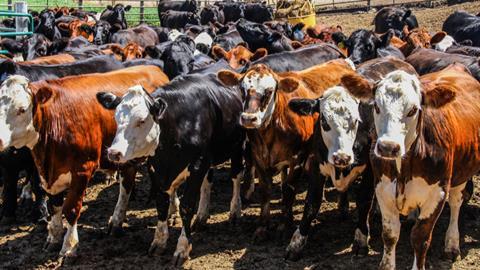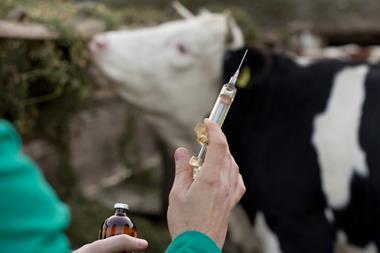“Well folks I hope you’ve got the message by now,” said Boris Johnson as he set out his post-Brexit trade ambitions with the EU this week.
“We have made our choice: we want a comprehensive free trade agreement, similar to Canada’s.”
Canada’s trade deal with the EU is touted as the best of both worlds: it provides access to the EU’s market, but without the need to abide by the bloc’s expansive rules and regulations.
It is one of the most ambitious deals the bloc has ever struck and has long been a favourite model for those looking to transform our global trade after Brexit.
But what would a ‘Canada-style’ deal mean for British food?
Canada’s trade deal with the EU, namely the Comprehensive Economic and Trade Agreement (CETA), came into force in 2017 after seven years of tricky negotiations, rolling back 98% of customs duties on imports.
Tariff cuts promised huge potential for Canadian food exporters with the allure of a new affluent market on the other side of the Atlantic. It led many to spend time and effort adapting their export process in the hopes of a greater windfall.
But Britain be warned: free trade is about far more than tariffs. Just ask a Canadian beef farmer.
CETA was meant to be a boom for cattle ranchers, with the amount of beef authorised to enter the EU tariff-free increasing to 50,000 tonnes.
But in 2018, the year after the deal was signed, farmers were met with disappointment. Canada sent just 3.1% of its beef allocation to the EU. Pig farmers filled only 1.5%. All in all, agricultural exports to the EU fell by 15%.
“We’re not all that motivated to send anything to Europe at the moment,” Calvin Vaags, owner of True North Foods beef processing plant, told the Financial Times in January.
The main reason is differing food standards that make exports trickier than expected. Both Canada and the EU continue to implement conflicting regulations on standards such as labelling and agricultural products.
Canadian meat for example is commonly reared with growth-fuelling antibiotics and hormone enhancements, even though this is rigidly banned for imports into the EU. If a farmer adapts their system to meet EU standards, they still cannot use Canadian certification but must wait for an EU authorised check. For many, the work required to adapt for export is not worth it.
The exact nature of the UK government’s plans to ‘diverge’ from EU rules remain murky, but one thing is clear: to avoid risking a similar fate to Canada, the UK’s ‘Canada-style’ deal must include some significant upgrades.
One of the most important is the inclusion of mutual recognition agreements that recognise the equivalence of each country’s control systems, says Dominic Goudie, head of international trade at the Food & Drink Federation. They are vital in removing the need for duplicate inspections as products prepare for export. Without it, delays at ports such as Calais are inevitable, with some estimates claiming goods could be held up for up to five hours.
Just-in-time supply chains will therefore stutter without them, but do not expect the EU to trade it away lightly. Brussels is acutely aware of the UK lowering standards and undermining European products.
A ‘Canada-style’ deal is not a perfect model for British food, but any improvements will inevitably come at a cost. Canada fought hard for its agreement and was forced to make unpalatable concessions in the process: the UK will have to do the same.
If Johnson continues to insist on a “more ambitious” deal than Canada but with “no concessions,” expect Brussels to close the shutters. Lorry drivers could be in for some long waits.




















No comments yet